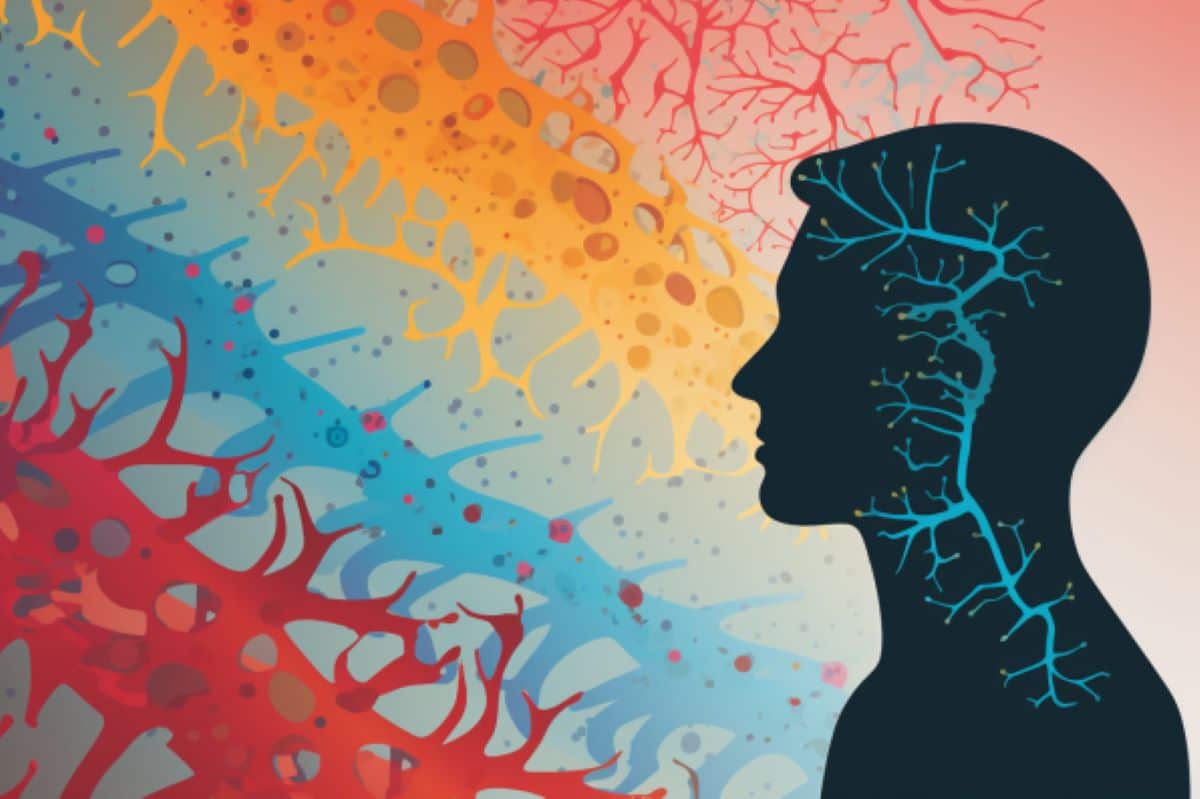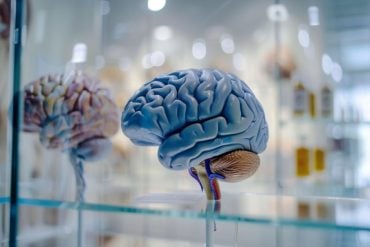Summary: Recent research reveals dopamine’s role in the speed and accuracy of decision-making processes. When dopamine release was elevated, decisions were made faster but with increased inaccuracy.
The study, conducted by multiple universities, utilized a learning task involving abstract symbols and rewards. The research bridges two theories: dopamine’s regulation of motor response and its control over effort.
Key Facts:
- Elevated dopamine release, pharmacologically increased by L-dopa and Haloperidol, led to faster yet more inaccurate decisions.
- The study utilized computer models to analyze the learning and decision-making processes, indicating dopamine’s regulation of a speed-accuracy trade-off.
- Professor Dr. Jan Peters states that dopamine potentially links motor response and effort regulation, with the trade-off favoring speed.
Source: University of Cologne
A recent study provides new insight into the relationship between the release of the neurotransmitter dopamine and decision-making processes. The scientists found that when dopamine is released, decisions are made faster, but tend to be more inaccurate.
Researchers from the University of Cologne, the University Medical Center Hamburg-Eppendorf, TUD Dresden University of Technology and the Integrated Psychiatry in Winterthur (Switzerland) contributed to the study.
The study ‘Dopamine regulates decision thresholds in human reinforcement learning in males’ was published in the journal Nature Communications.
Dopamine is associated with a number of aspects of reward learning and action selection. The neurotransmitter also plays a role in various mental disorders and is important for one’s own motivation. According to one theory, dopamine regulates how much effort is spent on actions, or how quickly they are performed.
Researchers investigated this in a new study using a learning task. They observed 31 male volunteers who learnt to associate abstract symbols with rewards. All participants performed different variants of the learning task under different drug conditions.
In one condition, the release of dopamine was pharmacologically increased by L-dopa, a precursor of dopamine. In another condition, dopamine release was increased using a low dose of the medication Haloperidol. In the control condition, participants received a placebo.
Using novel computer models, the involved learning and decision-making processes were analysed based on the distributions of the participants’ response times.
In addition to its well-known functions, dopamine also seems to regulate a speed-accuracy trade-off. This describes the complex relation between a person’s willingness to react slowly and make relatively fewer mistakes, and their willingness to react quickly and make relatively more mistakes.
The scientists were able to show that when dopamine release was elevated pharmacologically, the parameter that represents this speed-accuracy trade-off was reduced under both L-dopa and Haloperidol. This effect was stronger the faster the participants made decisions.
The results therefore also show that computer models can provide improved insight into the function of certain neurotransmitter systems.
“These findings link two previously rather distinct theories on the role of dopamine,” said Professor Dr Jan Peters, Professor of Biological Psychology of the University of Cologne, who contributed to the study.
“Dopamine controls motor response, but it can also regulate effort. Our data show a mechanism that could link these two aspects by shifting the speed-accuracy trade-off in favour of speed.”
However, it is still unclear to what extent this mechanism also plays a role in decisions that are not directly about rewards, and what role motor functions plays in this. This is to be investigated in further studies.
About this neuroscience research news
Author: Eva Schissler
Source: University of Cologne
Contact: Eva Schissler – University of Cologne
Image: The image is credited to Neuroscience News
Original Research: Open access.
“Dopamine regulates decision thresholds in human reinforcement learning in males” by Jan Peters et al. Nature Communications
Abstract
Dopamine regulates decision thresholds in human reinforcement learning in males
Dopamine fundamentally contributes to reinforcement learning, but recent accounts also suggest a contribution to specific action selection mechanisms and the regulation of response vigour.
Here, we examine dopaminergic mechanisms underlying human reinforcement learning and action selection via a combined pharmacological neuroimaging approach in male human volunteers (n = 31, within-subjects; Placebo, 150 mg of the dopamine precursor L-dopa, 2 mg of the D2 receptor antagonist Haloperidol).
We found little credible evidence for previously reported beneficial effects of L-dopa vs. Haloperidol on learning from gains and altered neural prediction error signals, which may be partly due to differences experimental design and/or drug dosages.
Reinforcement learning drift diffusion models account for learning-related changes in accuracy and response times, and reveal consistent decision threshold reductions under both drugs, in line with the idea that lower dosages of D2 receptor antagonists increase striatal DA release via an autoreceptor-mediated feedback mechanism.
These results are in line with the idea that dopamine regulates decision thresholds during reinforcement learning, and may help to bridge action selection and response vigor accounts of dopamine.








